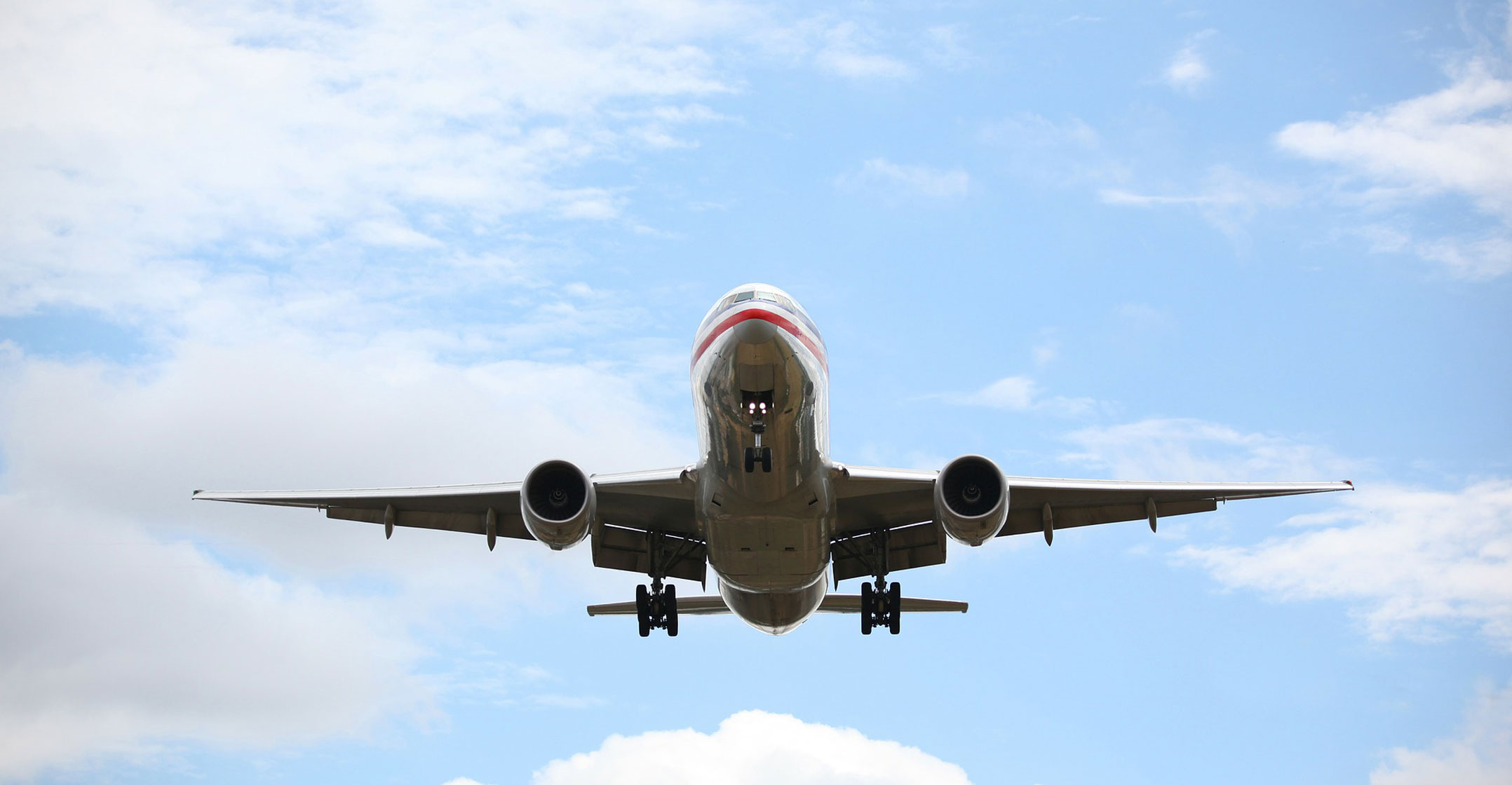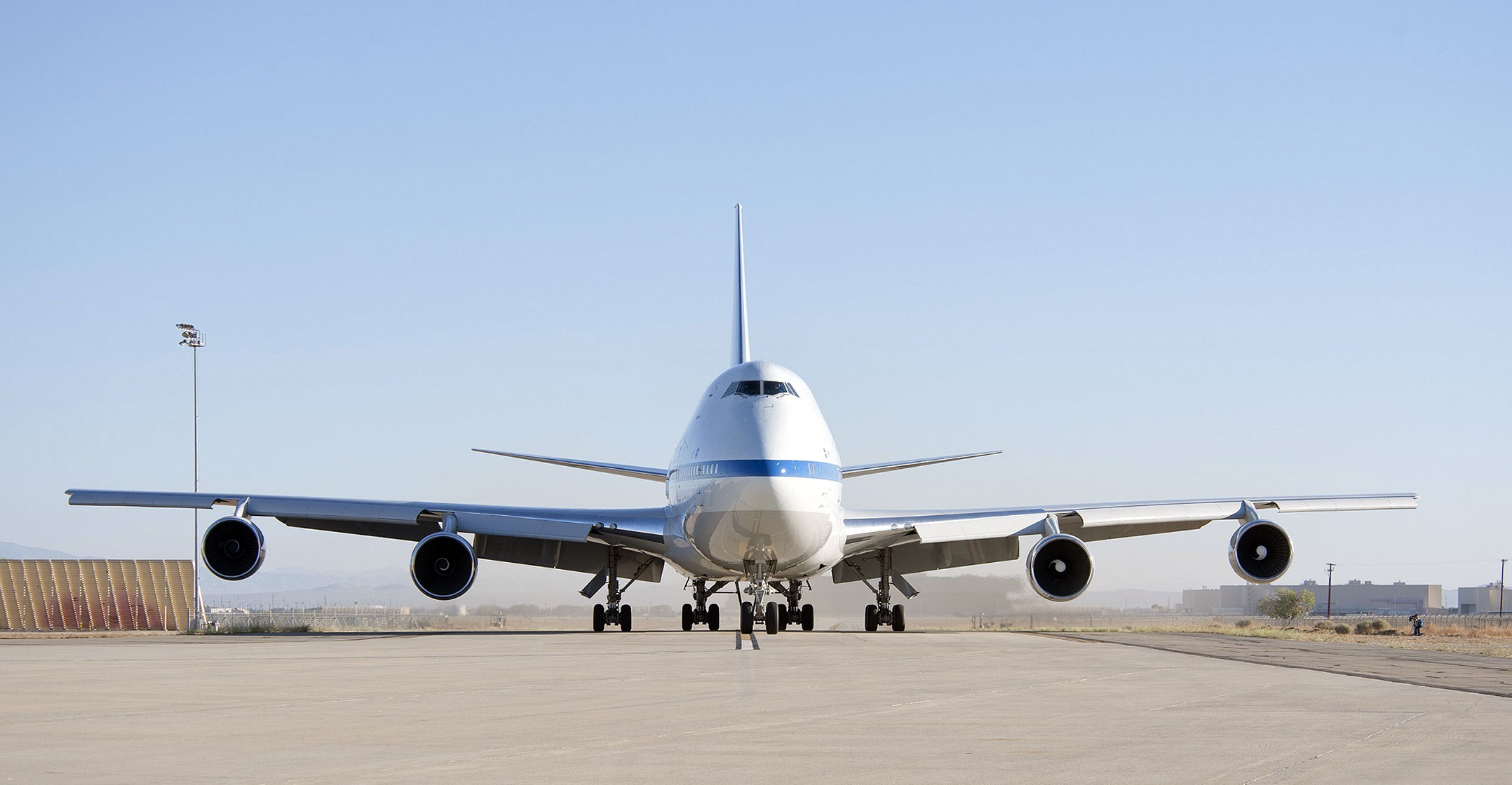 The queens of the skies have fallen on hard times.
The queens of the skies have fallen on hard times.
As Covid-19 has frozen the international travel on which they once thrived, double-decker, four-engine planes like the Airbus A380 and Boeing 747 are more likely to be found in storage than soaring through the skies.
Carriers such as Pan Am used the 747 to turn aviation into a global industry in the 1970s, and over the past decade Emirates used the A380 to repeat the trick for the global south — but those times have passed. Since mid-March, most have barely flown except on short hops to maintain pilots’ certifications and valedictory voyages to gather dust in desert boneyards.
Many of those furloughs look like becoming permanent. IAG’s British Airways has announced plans to ground the largest fleet of 747-400s for good. Qantas Airways sent its last 747 home to the US last week, and has already suspended its stable of A380s.
Among the 15 operators of the A380, which entered service less than 13 years ago, only Emirates has been operating flights in anything close to a normal fashion, according to data from aircraft tracking site Flightradar24. Out of its 115 such planes — about half the global fleet — just a dozen have been flying to and from Europe over the past month or so, as limited traffic has trickled back. China Southern Airlines has also been running a limited service with its five A380s.
However, the vast majority of the planes — worth some US$50-billion, if valued at about half of their list prices — have been stuck on the tarmac, possibly permanently. Qatar Airways has speculated that its A380s may never return, while Deutsche Lufthansa has made similar noises.
Retirement
By the time the long-haul routes for which the A380 was designed return to normal in 2024 or so, about half the fleet will be at least a decade old and well on the way toward retirement. Singapore Airlines, the biggest operator after Emirates, said in first quarter results that it may write down “older generation aircraft” such as its A380s by around $1-billion.
It’s a similar picture with the 747. Of the 29 planes operated by Lufthansa — the largest passenger fleet, once British Airways’ jets have retired — just four have remained in regular operation since March, with a further four gradually returning to service over the past two months.
Probably the most active operator of passenger 747s at this point is Aeroflot’s Rossiya Airlines, plus a handful of charter operators that run seasonal flights to holiday destinations and pilgrimage services to Saudi Arabia. Even there, though, foreign pilgrims at this year’s hajj will be confined to 10 000 people already in the country.
 The reasons for the decline of these jets aren’t hard to discern. Even at the best of times, it can be challenging to fill more than 400 seats at a time, and a plane with more than 20% of seats empty will typically lose money — and that’s before you start thinking about the costs of providing crew and destination accommodation for such vast aircraft.
The reasons for the decline of these jets aren’t hard to discern. Even at the best of times, it can be challenging to fill more than 400 seats at a time, and a plane with more than 20% of seats empty will typically lose money — and that’s before you start thinking about the costs of providing crew and destination accommodation for such vast aircraft.
With the Boeing 787 and Airbus A350 able to achieve similar ranges using just two engines and smaller cabins, the economics of double-decker planes no longer make a lot of sense.
US airlines in particular have long since given up on the jumbo. They never bought a single A380, and last took delivery of a 747 a few months after the 11 September 2001 attacks, when Northwest Airlines bought two before later going bankrupt and being taken over by Delta Air Lines.
There’s one area that’s been booming, however: freight. Air cargo typically takes up a substantial share of the belly space on passenger flights, but with borders closed to tourism, the semiconductors, high-value materials and consumer goods that typically travel beneath your feet have had to find a new route to market. Cargo traffic this year will be down just 17% from a year earlier, compared to 55% for passenger flights, according to the International Air Transport Association.
That could provide a final chapter for the 747 — although not for the A380, which isn’t easily converted to cargo usage. Boeing’s jumbo is already a freight aircraft in all but name, with about two-thirds of the latest 747-800 variant being sold to freight carriers such as United Parcel Service and Cathay Pacific Airways’ logistics arm. Even non-cargo aircraft can get in on the act: KLM has been carrying face masks and protective gowns on the seats of ordinary passenger aircraft pressed into pandemic freight service.
That would be an appropriate end for grand planes often likened to ocean liners. Some of the most celebrated ships of the great age of sea transport ended their lives as coal hulks, quarantine centres and floating museums after aircraft rendered them obsolete. The ultimate fate of jumbo jets may be similarly prosaic: as workaday aircraft, shipping goods to a more home-bound global population. — By David Fickling, (c) 2020 Bloomberg LP

